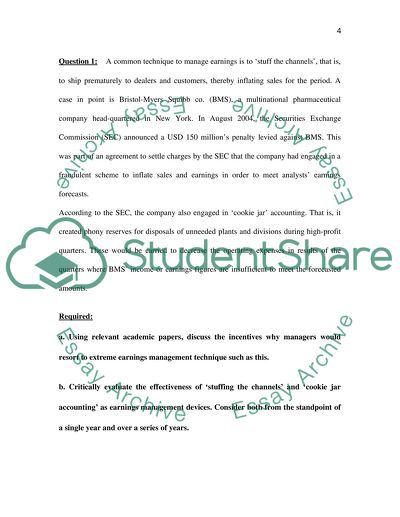Cite this document
(“Advanced Financial Reporting & Regulation Assignment”, n.d.)
Advanced Financial Reporting & Regulation Assignment. Retrieved from https://studentshare.org/finance-accounting/1403963-advanced-financial-reporting-regulation
Advanced Financial Reporting & Regulation Assignment. Retrieved from https://studentshare.org/finance-accounting/1403963-advanced-financial-reporting-regulation
(Advanced Financial Reporting & Regulation Assignment)
Advanced Financial Reporting & Regulation Assignment. https://studentshare.org/finance-accounting/1403963-advanced-financial-reporting-regulation.
Advanced Financial Reporting & Regulation Assignment. https://studentshare.org/finance-accounting/1403963-advanced-financial-reporting-regulation.
“Advanced Financial Reporting & Regulation Assignment”, n.d. https://studentshare.org/finance-accounting/1403963-advanced-financial-reporting-regulation.


